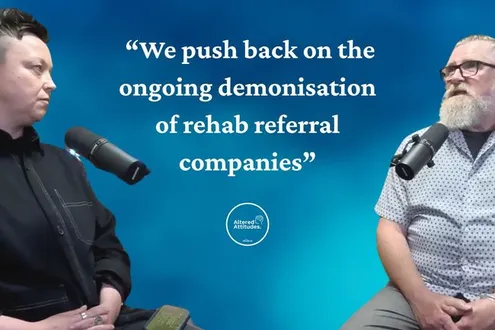Experiential therapy is a type of therapy which gets the individual to re-enact or re-experience something traumatic or emotional from their past. With this type of therapy, it is common for individuals to use expressive activities and tools to help achieve this, such as arts and crafts, role-playing, guided imagery, music or even animal care. There is a vast amount of recreation techniques which may be used in this type of therapy.

This type of therapy can allow people to process emotions more in-depth and discover intense emotions within the individual. It can also help the person to re-create past traumatic experiences and be able to explore their responses to them. This means that the individual may be able to release or process stored up emotions.
The creative expression element of the therapy such as music, art or drama will allow the person to express themselves creatively. Psychodrama which can also be used lets the individual view situations from a different perspective and reduce avoidance of certain issues. It also may lead to understanding motivations and being able to forgive, love or accept someone again.
Experiential therapy can help a range of addictions. The structure of the therapy which is often physically demanding can help an individual stimulate stress in their everyday life. By stimulating these feelings in a controlled environment, it makes it easier to overcome.
This type of therapy aims to teach those suffering with addiction how to cope with substance abuse triggers and cravings. The person is more vulnerable and less guarded which allows for the therapists to evaluate the individual in a more accurate way.
This then help the individual get the most out of their treatment as their therapist will be able to see them for who they are and what they are dealing with. Being able to create a completely personal treatment plan.










